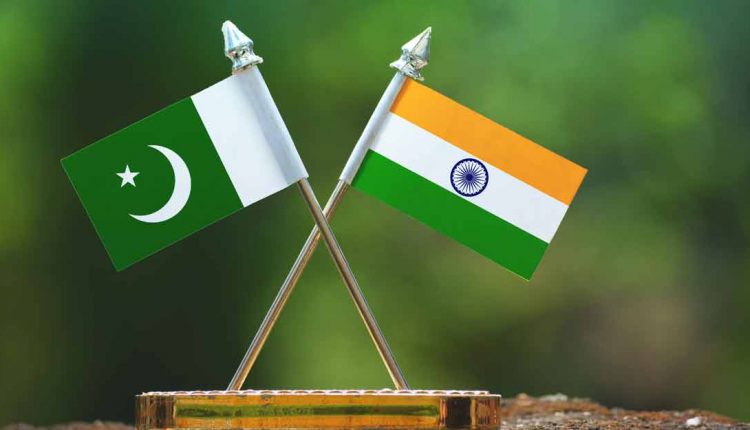
Every winter, India and Pakistan both suffer from air pollution and in both countries, it has become a public health crisis begging urgent intervention. Both countries know the sources of this pollution: vehicular emissions, industrial pollutants, and most critically, the widespread burning of crop residue. And yet both have struggled to address the issue.
In Pakistan, “efforts to mitigate smog have intensified, with the government issuing new school timings and banning fireworks to reduce pollutants.” India too “has similarly implemented emergency actions such as water sprinkling on roads and increasing public transport. However, these are akin to putting band-aids on gaping wounds. The long-term strategies needed to combat this environmental crisis remain elusive.”
In both countries, according to an editorial in Dawn, “issue lies in the inadequacy of agricultural policies that leave farmers with little choice but to resort to environmentally harmful practices. While Pakistan has introduced ‘Anti-Smog Squads’ to monitor and educate farmers about the dangers of stubble burning, these initiatives are only beginning to take root and are not yet widespread. In India, attempts to promote alternatives, such as subsidising machinery for residue management, have faced significant barriers, including high costs and inadequate outreach.”
This is one area where both countries can work together. “Both nations could benefit from joint initiatives focused on sharing technological advancements, including affordable super-seeders, and coordinating to monitor and control air quality.”
![]()





